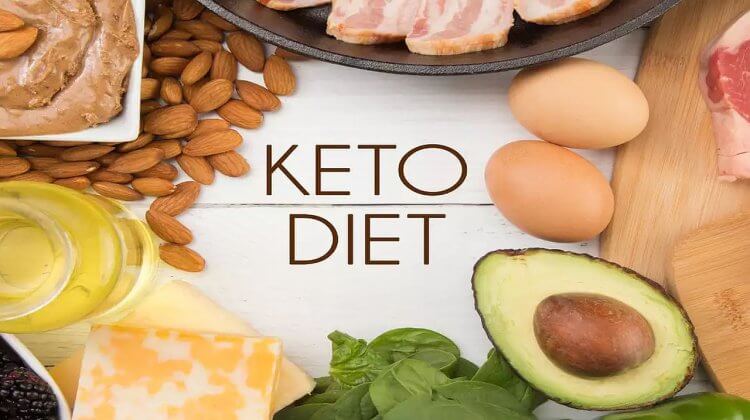
Lyle,
I want to gain LBM with a BodyOpus type diet. Can you give me your best diet/workout schedule to do this? I need to stay lean while increasing LBM. I used insulin twice with BodyOpus with good results – if you think it will help please advise. Thanks!
First let me say that I don’t think the CKD is the ideal mass gaining diet. Part of this is hormonal, which I discussed a couple of questions back. The lack of carbs will lower insulin, may raise cortisol, and will affect IGF-1 and thyroid. Additionally the lack of carbs *may* negatively affect training intensity. I am of the opinion that you should optimize your diet, training and supplements for your goal. So if your goal is mass, I think you should pick the diet that will optimize your hormonal milieu (meaning high insulin, testosterone, thyroid, GH and IGF-1 and low cortisol and glucagon), your training intensity (which means eating carbs) and your supplements (don’t use fat burners during your mass phase).
Now if you’re still determined to use CKD, here are my thoughts. For fat loss, the CKD has to be very rigidly structured, for reasons I outlined in my last article on this site. There are very specific goals including muscle mass maintenance, glycogen depletion, etc. which necessitates a specific training structure, volume, etc.
For mass gains, it’s just not that critical. You don’t need to be concerned as much with glycogen depletion between carb-ups although how much volume you can do per bodypart will be determined by the length of your carb-up. The primary considerations that I see are the following:
1. You will be strongest on the 2 days following your carb-up. So I can make a case for putting any weak bodyparts on these days since you will be able to train them the most intensely.
2. The main anabolic effect of the diet is on the weekends, meaning that I could also make a case for putting any weak bodyparts on the day prior to the carb-up. Even though you may not be able to work it as intensely, any bodyparts worked immediately before the carb-up will get the benefit of incoming carbs and protein as well as elevated insulin, etc.
Along these same lines, if your training structure has you performing the same workout every week (i.e. chest/back on Monday, legs on Wednesday, delts/arms on Friday) this means that your chest/back workout will always be the strongest, your leg workout will always be the hardest, and your delt/arms workout will always get the benefit of the carb-up). Therefore, if your looking for overall growth, I think it’s better to use some type of rotating schedule in your training. One option (though it looks simplistic, I think it can be very effective) is to alternate an A workout (say upper body) and a B workout (say lower body) in the following way:
Mon: A
Wed: B
Fri: A
Mon: B
Wed: A
Fri: B
This way, each week you alternate which bodypart comes after the carb-up and which comes right before.
Alternately, if your schedule will allow, you can use a 5 day cycle such as:
Day 1: chest/back, Day 2: legs/abs, Day 3: off, Day 4: delts/arms Day 5: off
By inserting a 5 day training cycle onto a 7 day diet cycle (5 days lowcarb, 2 days high carb) you will eventually have every workout fall at some point on the diet. So the cycle will look like:
Day 1: lowcarb, chest/back
Day 2: lowcarb, legs/abs
Day 3: lowcarb, off
Day 4: lowcarb, delts/arms
Day 5: lowcarb
Day 6: chest/back, carb-up
Day 7: legs/abs, carb-up
Day 8: lowcarb, off
day 9: delts/arms, lowcarb
etc., etc.
As far as insulin, there are two potential ways you could use it (and let me preface by saying that insulin is potentially very dangerous/fatal). You can use it to turbocharge your carb-up (allowing you to get full supercompensation in 24 hours, instead of the normal 36-38 hours) or you can do what some people call death-wish dieting. I know of people who have used insulin with some carbs right after their training (during the week) to ramjet carbs into the muscle and re-establish ketosis. Thing is this requires meticulous timing of the insulin and carbs and I don’t think it’s worth the risk.
About the author
Lyle McDonald+ is the author of the Ketogenic Diet as well as the Rapid Fat Loss Handbook and the Guide to Flexible Dieting. He has been interested in all aspects of human performance physiology since becoming involved in competitive sports as a teenager. Pursuing a degree in Physiological Sciences from UCLA, he has devoted nearly 20 years of his life to studying human physiology and the science, art and practice of human performance, muscle gain, fat loss and body recomposition.